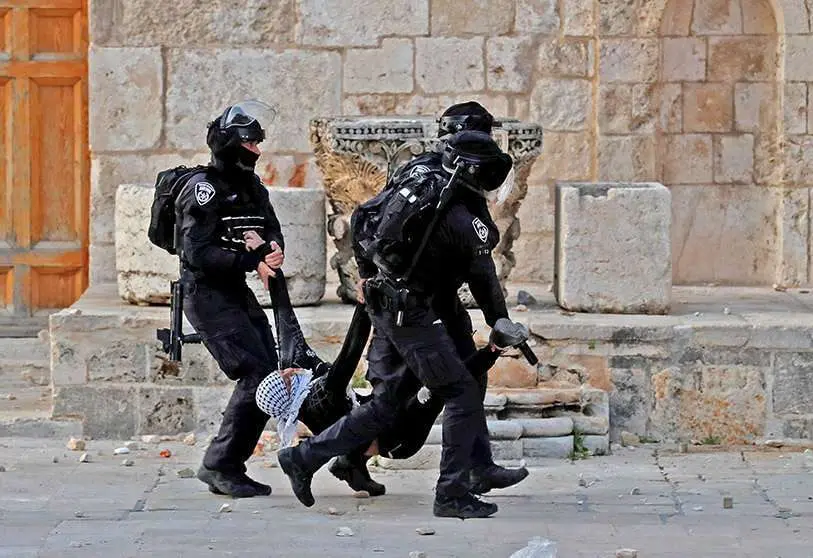The business of violence

When you want to know who is responsible for an event and why it happened, what never fails is to follow the money trail. In the case of the violence unleashed between Israel and the Palestinians of Hamas and Islamic Jihad, the thread to follow is the one that leads to who benefits from this instability in the region.
The tension between Israelis and Palestinian radicals operating in the Gaza Strip, who are considered terrorists by many countries and international organisations, is taking on new dimensions compared to the confrontation they have been forcing for years by firing rockets at Israel because the conflict extends to using Lebanese and Syrian territory. In addition, there have been terrorist attacks in Tel Aviv with the murder of an Italian tourist, and in the West Bank two sisters were killed in an attack on the car driven by their mother, who also died. Thereafter, the Israeli response has resulted in deaths on the other side.
The strategists who planned the start of this new confrontation with the provocation of bringing pyrotechnics, sticks and stones into the Al-Aqsa Mosque and calling for its defence achieved their goal of a heavy-handed eviction intervention by the Israeli police. From that moment on, rockets were fired at Israel from Gaza, Lebanon and Syria, terrorist attacks in Tel Aviv and the West Bank and very forceful responses by the Israeli army against various targets from where the rockets were launched.
The religious timing is crucial because of the Jewish Passover and Ramadan for Muslims who flock to the esplanade of mosques.
It is also no coincidence that Saudi Arabia has re-established relations with Iran, with the mediation of China in the final stretch of negotiations. Stability between Iranian Shi'a radicals and Saudi Sunni Wahhabis opens a new framework for the region, just after the turnaround of the Abraham Accords by the US-driven Arab-Israeli understanding with the support of several countries in the region and Morocco. The attacks against Israel come in the midst of the Netanyahu government's political crisis over its intended judicial reform, postponed until the end of April, which even in these days of tension over attacks from Gaza, Lebanon and Syria continues to provoke protest demonstrations by thousands of Israeli citizens. This perception of crisis or weakness on the part of the Tel Aviv government is not reflected in its decisions to forcefully repel rocket fire. Meanwhile, Turkey's president, on the campaign trail, calls for Arab unity against Israel. Many use the business of violence.

